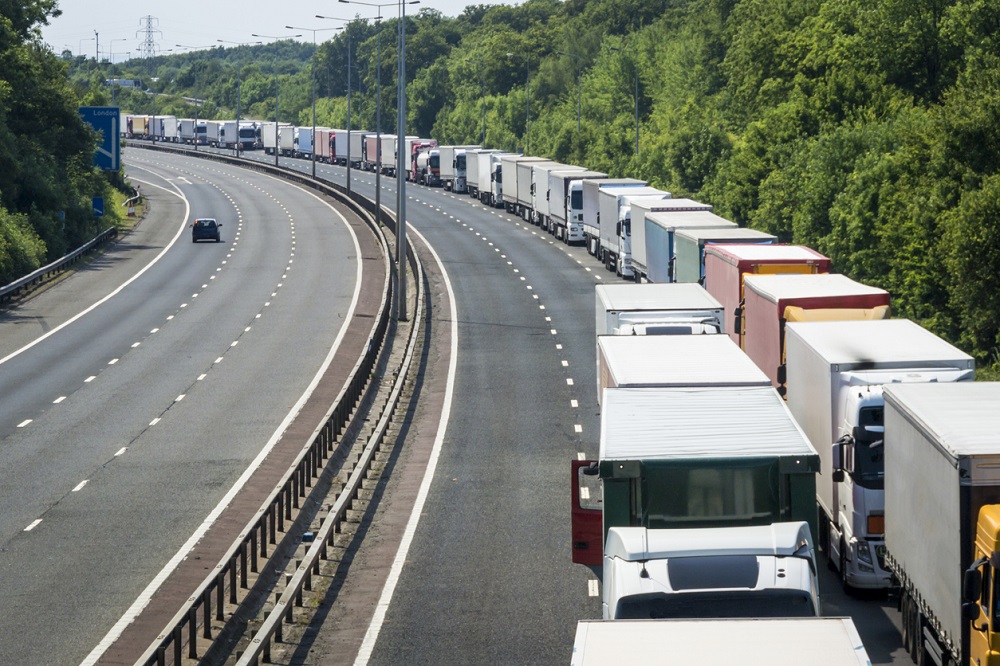The region’s leading business representation group is calling for the Government to work with the EU to find a solution to ongoing issues around how the trade deal is interpreted.
It follows huge lorry queues being reported at Dover last week and a survey by the British Chambers of Commerce (BCC) finding that 60% of UK exporters reported difficulties in trading with the EU in November 2021 – an increase from 49% in January last year.
East Midlands Chamber chief executive Scott Knowles said: “The current delays at Dover appear to be linked to the export of food products across the Channel, with differing interpretations of how trade arrangements work after leaving the EU.
“Given that the East Midlands has a thriving food manufacturing sector with both large and small businesses that export to numerous markets, these bottlenecks have a significant impact on our region’s economy.
“This is on top of the extra bureaucracy that is adding considerable sums to overheads for many SMEs, which are simultaneously being hit by rising prices for raw materials and energy – not to mention struggling to find people with the right skills.
“A perfect storm of Covid-19, Brexit and spiralling inflation means the cost of doing business is becoming a huge concern and could weigh down on our prospects of a strong economic recovery.
“The Chamber has witnessed the direct consequences of leaving the EU, alongside the challenges caused by the pandemic, as the number of international trade documents we process fell from 22,000 in 2020 to 14,000 in 2021 due to businesses exporting lower volumes and on a less frequent basis.”
How Brexit has impacted East Midlands export markets
The only market growing for the East Midlands has been in North America, with all others reducing by about 30% on average compared to pre-pandemic and Brexit.
Scott said the business community recognised that goods won’t flow as freely across the Channel now as they did two years ago.
“But the way the trade agreement is being interpreted in 27 different EU countries is a major headache for UK business – especially smaller firms without the cash reserves to set up new EU-based arrangements,” he added.
“Yet it doesn’t have to be this way. It is possible for the UK Government and EU to take a pragmatic approach and work together to reach new understandings on a consistent interpretation of the rules and to build on them further.
“On the second anniversary of Brexit, now is the time for our policymakers to reflect on the issues facing businesses and to find a real solution to them, rather than just offering more rhetoric.”



